After falling madly in love with the new indie horror thriller “What Keeps You Alive”, I chat with director Colin Minihan and star Brittany Allen.
In the latest IFC Films release, What Keeps You Alive, filmmaker Colin Minihan (It Stains The Sands Red, Grave Encounters) along with actress and composer Brittany Allen (It Stains The Sands Red, Jigsaw) team up to bring genre fans a twisted, brutal weekend in the lives of Jules and Jackie. An idyllic, secluded trip to the family cabin in the woods, celebrating the pair’s one year wedding anniversary, goes completely wrong, tapping into a massive collective fear; how well do you really know the one you are with?
I had the pleasure of chatting with Minihan and Allen over the phone about their critically acclaimed new thriller. During this conversation, it was obvious the couple (partners in their professional and personal life) know and compliment one another very well. They were friendly and engaging, and the conversation flowed so naturally between the two. It was a joy to speak with both of them.
We discussed the process of making a film while involved in multiple roles, the ability for the genre to offer a more moving social commentary, and true crime. (Please note: Colin and Brittany’s answers to my last question contain SPOILERS.)
INTERVIEW WITH COLIN MINIHAN AND BRITTANY ALLEN
1. Brittany, you portray your character of Jules as strong, brave and intelligent, but still remain completely vulnerable. It’s a complex and layered performance. How important was it for you to make a feature with strong female leads, and was it satisfying to take on such a meaty role?
Brittany Allen: Yeah, it was very satisfying. I think with Colin, he’s written some of the strongest, most complex female characters I’ve played in my career. So I’m always grateful to him for that. With this one in particular, I definitely had to pull out aspects of myself that I wasn’t necessarily comfortable operating from in my normal life. I’m referencing the strong place that Jules starts at, and the strength she acquires close to the end of the film.
For me, I suppose I’m more comfortable with the victim role just because it’s something I have a little bit practice with and something I’m able to throw myself into with some ease. But the challenge was to plant my feet firmly on the ground, to lower the pitch of my voice — you know, just own my physicality, own my sexuality, own my willingness to not be pretty and to not concern myself with these feminine tendencies that had been drilled into me since I was a child. That was a challenge, and that was also the most exciting thing about doing this project.
Colin Minhan: That’s how the character changed a bit.
BA: Yes, that’s something that did change with Julie becoming a lesbian as opposed to being a part of a hetero couple. Noot that it had to change that way, but it just felt more right, given the dynamic between Hannah (Emily Anderson) and myself.
CM: It felt more right.
2. Colin, you wear a lot of hats on this film — working as editor, writer, director, and producer. And Brittany, you composed for the first time.So for both of you, this was like a huge team effort. Was it challenging to juggle all of this, or do you think it helped being involved in so many aspects of the film?
CM: Does it help or does it hurt? Hahahaha
BA: Both! Hahaha
CM: I mean, the whole process of making a film, to me, that encompasses all of those big, creative roles, you know. Directing is just one aspect of this much larger journey that you go on as a filmmaker. So you know, conceiving the idea, and writing the script and rewriting it and tearing it apart and writing it again, and then finally shooting it. And exerting yourself physically and emotionally, and staying in tune with these characters, and helping guide those performances and guide every other aspect of the production is a very tiring process in itself.
But once it’s done, then as a filmmaker and as my journey on every movie has been, I become a very introverted person and I become an editor. And so I do shift with a lot of fluidity at this point, but it’s always a challenge. Definitely, jumping from being a writer to being a producer is challenging because they’re such different personalities that you are connecting with, so…
BA: And the thing is, once Colin’s done the film, there’s still so much work to do. Once he’s worked so long to write and perfect the script, to raise the money to pre-production, to shoot, to edit, to color, to the soundmix —all of which takes at least a year, really, in total — then there’s the editing. And editing, that process itself seems never ending. And then you finish the film, and then you have to suddenly think about delivering the film, which I had no idea, being out of work, that you needed to deliver a film.
CM: Selling it.
BA: Yeah, selling it and getting it into film fests.
CM: It never ends, never ends. You just want to be done with it by the end.
BA: I definitely felt that, for sure with the score. This was the first time. As an actor, it’s very intense when you’re in it, very intense, and it’s easy to lose your mind in that process as well. And completely lost yourself. But then you’re done, and you wash your hands of the project, and you see it when it’s completed however many months later. But with the score, that was the first time I ever understood this feeling of, “Oh my god, this is never gonna end.”
CM: It’s kind of like your process just started on the film.
3. Yeah, I can see that. When you are just an actor on the film, your process ends and you just wait to see the final, completed project. But then when you do all of these other roles in the film, does it become more of a like a passion project for you? Because you are so invested into it?
BA: Yes, definitely. It makes it much more personal. I really did feel like coming at it, and being able to contribute my voice musically, just made it feel like I was able to have a bigger stamp on it and access more of my own voice.
4. The score is wonderful!
BA: Aww, thanks. Thank you so much! As an actor, you hope you’re in the hands of an editor that will capture your best moments and make your work better than it is. But that’s not always the case. So often you do see the finished product, and you’re like, “Oh gosh, I really wish I hadn’t seen that.” Whereas, with this, luckily I do know that Colin is a fantastic editor and will siphon out my best moments, whether or not they were there. With scoring, as I mentioned before, I was actually able to put my stamp on it and help shape a scene.
5. Yeah! You were the actor in that scene, so you know exactly what you were trying to pinpoint emotionally. I can totally see how that would help with scoring the film.
BA: Yeah, yeah exactly. That was helpful having that history and that emotional recall of what we were going for on a day to draw on when approaching the scoring.
6. So this is labeled as a thriller, and many will say it’s not horror. But I found it to be fucking terrifying. Do you consider this to be a horror film?
CM: The phrase, horror, what does it mean? I set out to make a horrific thriller, so I think I achieved that.
I feel like now, finally, the mainstream media outlets are starting to recognize, “Wow, horror…actually, horror films in general…can have a lot of depth and offer a lot of commentary socially.” And there’s this opportunity within the landscape of horror to write these incredibly strong female characters that often are left out of action movies or whatever.
So I can see that horror has continued to become more and more elevated. I definitely set out to make a film that felt relevant and felt in the now. This wasn’t a script that I wrote five years ago. It was something I wrote and then essentially began pre-production on it quite quickly afterwards.
7. Were you compelled to make it that quickly? Were you driven with a need to make this film?
CM: When I’m writing a film, I feel like as soon as I’ve written it, the film starts to lose momentum. In my mind, I start to feel as if I’ve almost already made the film. So, because I’ve envisioned it and I’ve put it on the page, it exists already. There’s a part of me that’s like, if I don’t seize this moment where I’m really excited about this material, and I’m living in it, I will lose that feeling — and I won’t be able to get it back if it takes too long to make this film.
So, for me, when I’m writing something that I’m planning on making, I essentially want to write the script and go to camp as soon as possible. It’s still going to breathe within me, and I’m not going to try recapture that feeling when I first wrote it.
8. And it’s probably easier to convey your passion about it to your cast and your crew when you’re that hot on the trail after writing it. Brittany, this was a pretty demanding role both physically and emotionally. You kind of spoke about that a little bit ago. Was it difficult to prepare for at all?
BA: No, I think the most difficult process was, in terms of the acting, the shoot itself. With the preparation, it was difficult, I suppose, to wrap my head around what I was going to do. Sometimes the hardest thing about a lot of things we do in life is the lead up in the anticipation and the anxiety — thinking about how hard something might be.
There was mental preparation to go to that place both physically and emotionally, to know that I was going to be exposing in myself such a state of loss and despair and to let weakness be seen. I think that’s a scary thing. And then also vulnerability in the relationship. So, in the lead up to filming, there was definitely some psyching out.
CM: You didn’t work with an acting coach or anything.
BA: No, I didn’t work with a coach on this one, I just did it.
CM: She just dove in.
BA: I just dove in, yeah. And it was definitely challenging.
9. You effectively capture the terror and the heartbreak, but I thought most of all, the feeling of betrayal. I think that it doesn’t matter — a straight relationship, gay relationship, whatever — everyone can probably relate to being so betrayed. You cannot believe that you have been lied to the whole time and everything you know has been a lie.
BA: Yeah, that is something that, even if you haven’t experienced it directly yourself, you can relate to it. I think anytime you start to feel something for someone in your life, it’s a fear to even go there because…what if you lose them? What if they betray you? You’re risking that. So everyone kind of goes there in their mind if they haven’t experienced it directly.
CM: I thought there was a universal theme throughout while writing it, and that’s exciting when you happen onto an idea that’s so obvious that it hasn’t been done to death in cinema. In this case, it was, “Just how well do you know the one you love the most?” That question. How well do you know them? And to have the audience, to have a couple sit down and watch the movie and then at the end wonder how well do they know one another. And maybe, just a part of me wants to point that out to them.
10. I think it’s effective to watch, if you’re in a relationship, to watch it alone. Because then I think you can be open about the facial expressions to certain scenes in the film. Whereas, if you’re with your partner, you may have to subdue some of them. So either way, it’s going to be a real treat for audiences. What was your inspiration for this…was there a backstory?
CM: I wanted to make, like I said, a horrific thriller and a shocking film. Also, I hadn’t mentioned this to anyone else, but I was reading the book “The Psychopath Test,” which is all about the business men in America who have risen to the top and are essentially psychopaths who have not gone down the actual rabbit hole and killed people.
But then I started researching husbands who had actually killed their wives and gotten away with it, and gotten away with it multiple times, until finally they got busted. The idea really stems from a culmination of wanting to make something with a fill in who I could hate, but at the same time I could understand them and sympathize with them. And again, I was drawn to the idea of never really fully knowing the one you love. Those elements all came together…and out poured this script.
11. The movie kept going and kept getting more twisted, which I loved. It’s funny what you just shared about the psychopaths and the husbands who kill their wives, because there are so many people fascinated by true crime — fascinated by how someone can seemingly be void of conscience and a good moral compass. I admit, it fascinates me too. So, was there a spot tapping into all this that you enjoyed more? Was there a favorite scene you both most enjoyed shooting?
BA: My favorite scene for this one comes from the composing side. My favorite scene is kind of a turning point in the film when Jackie has done almost the unthinkable, and Jules is officially trapped. I would say it’s the moment the psychopath reigns. It is almost this kind of victory perception, the boat scene when she dumps the bodies and they’re rowing.
And shooting that, we got so lucky as the sun was coming up. It was freezing cold. We had been shooting all night. But the way the sun came up and the purple light on the water and the mist…it was just perfect. Everything just came together. And scoring it, I had a very strong sense of what I wanted to do with it emotionally, and I feel like I really achieved what I set out to do with that. So whenever that scene plays, I’m just like “yeah!” It just gets me.
CM: For me, I really love Hannah’s death. SPOILER, haha. Jackie’s demise is really poetic, and I had a lot of fun discovering how to assemble that edit. It wasn’t something, initially, that I had that song in mind, that Beethoven piece. I found it in the edit for that song. I had the other two in mind, but that one, that one I was listening and just watching the footage. And I was like, “Oh my goodness. I have to try to cut it to this piece of music.” And all of the footage lined up perfectly with each beat instrumentally, once I laid the song in — one of those magical moments that happen in the edit, where it just hooked together and cut itself. It’s a lot of fun when that happens.
What Keeps You Alive is in select cinemas and on VOD nationwide as of August 24th, 2018. Click here to read our full review of this heart-pounding, beautifully acted, scored, and directed film.



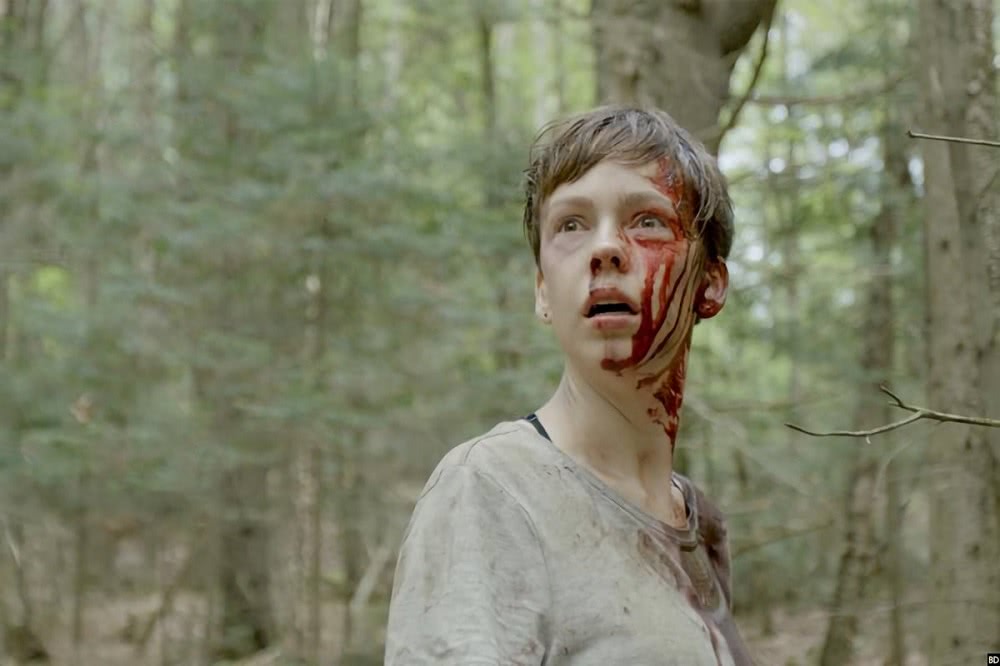
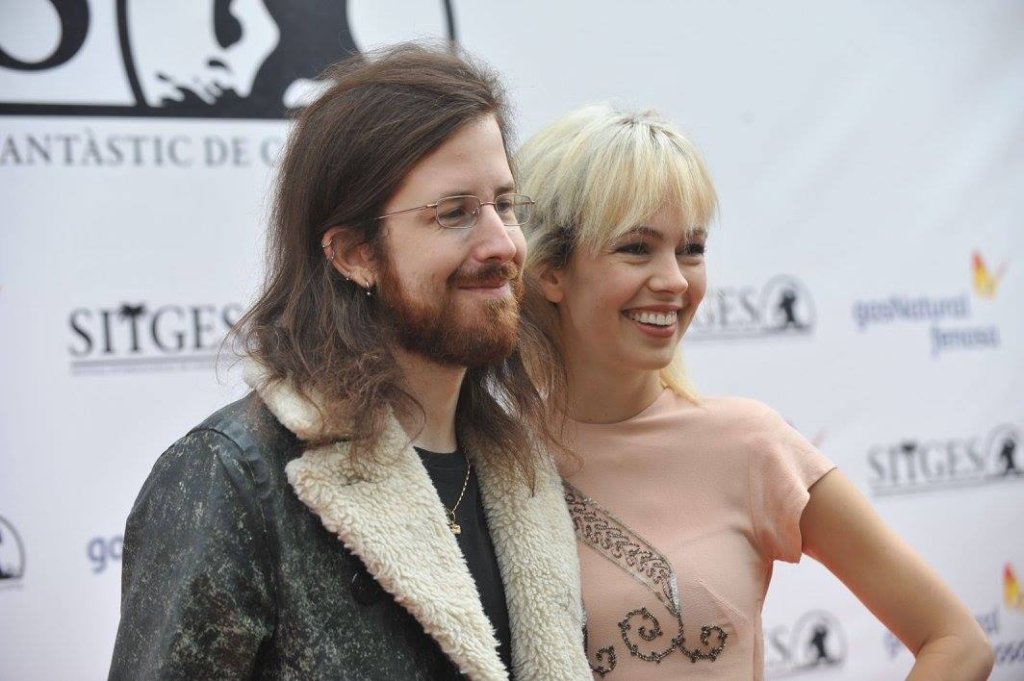
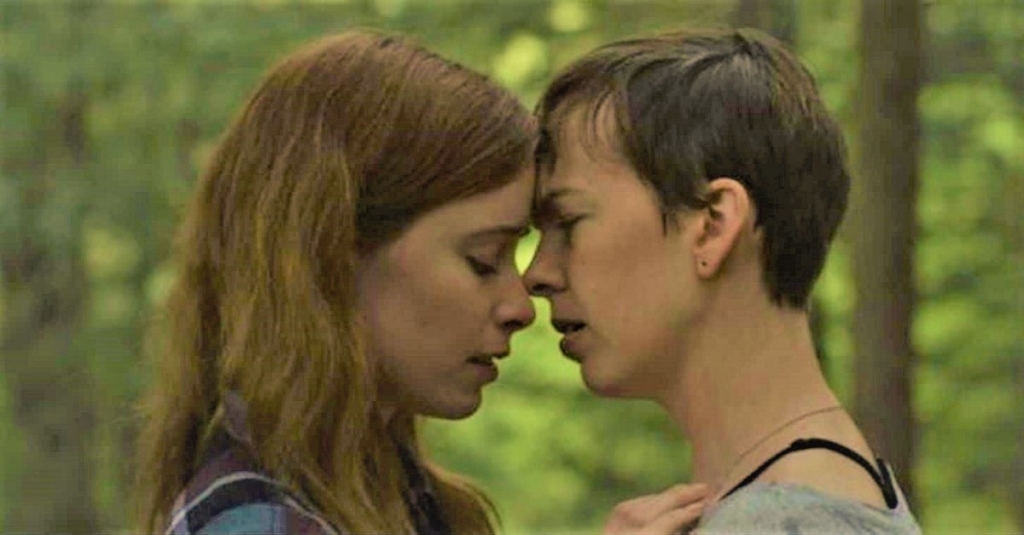



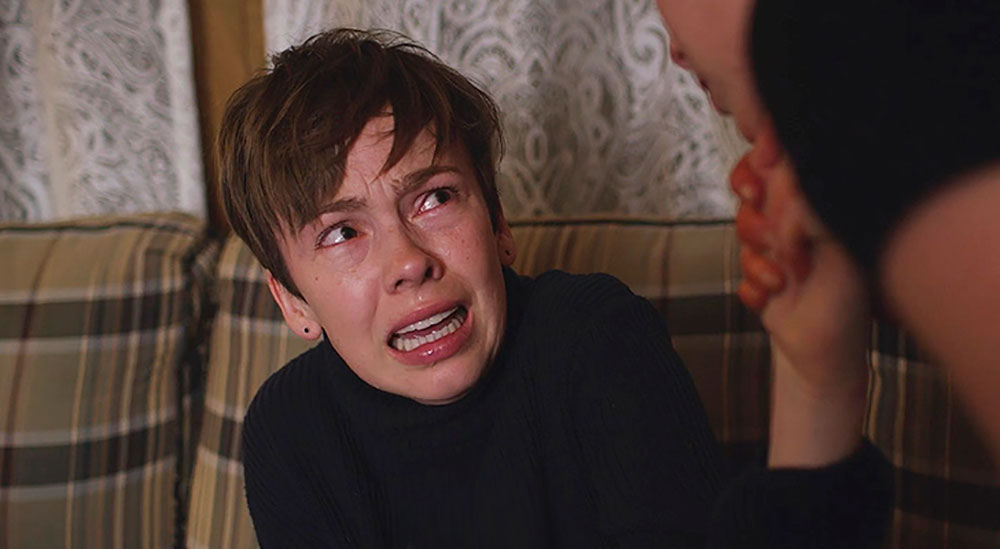
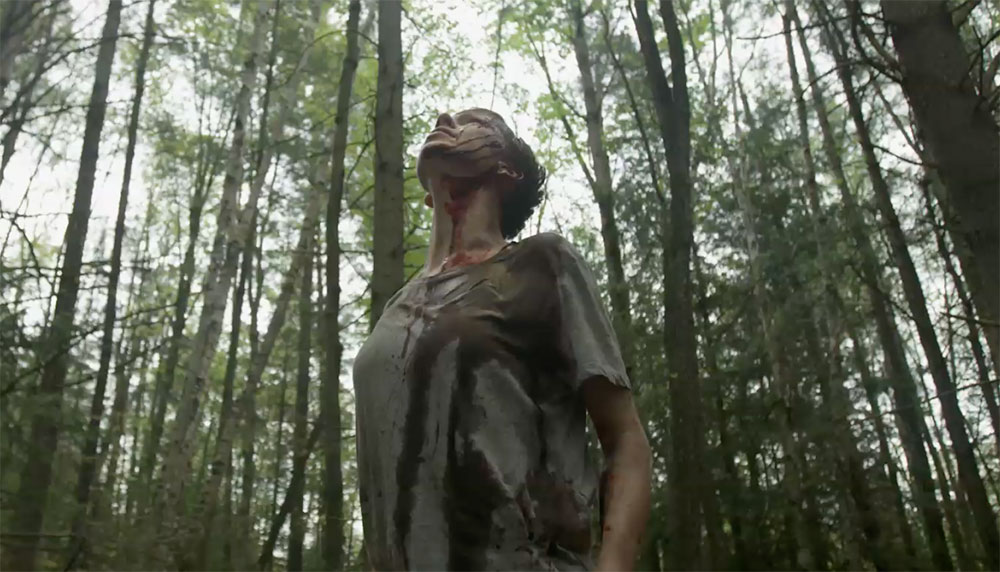
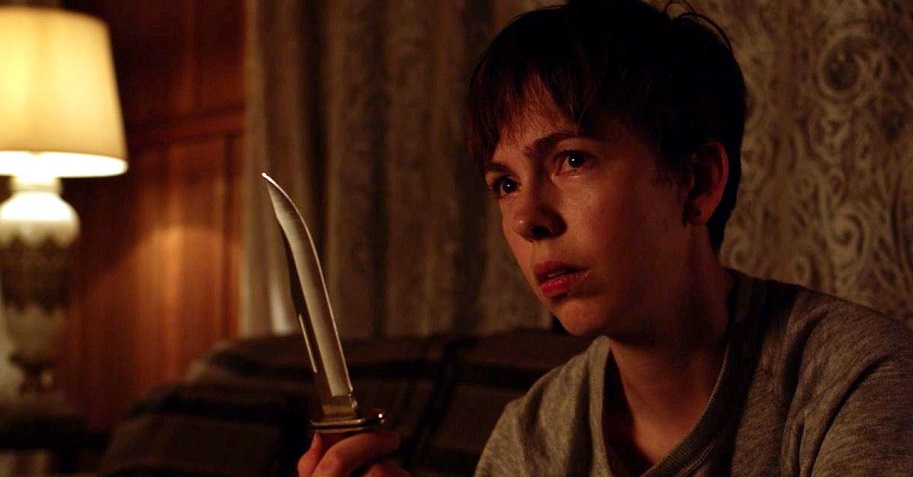

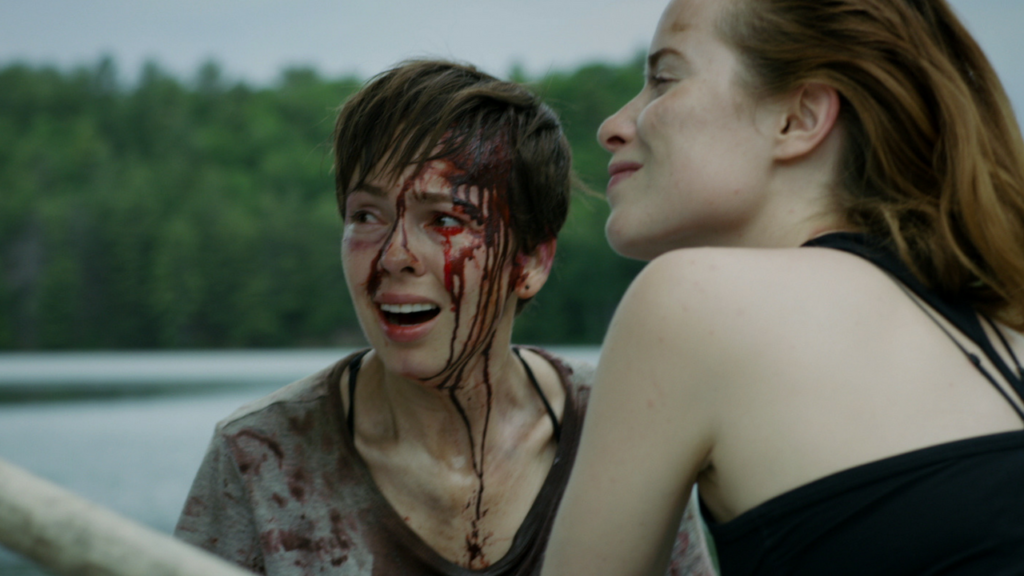

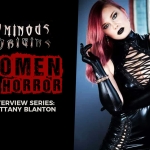
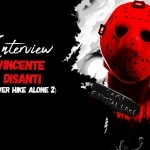
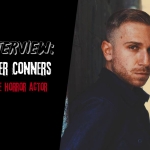



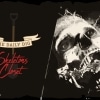








1 Comment
1 Record